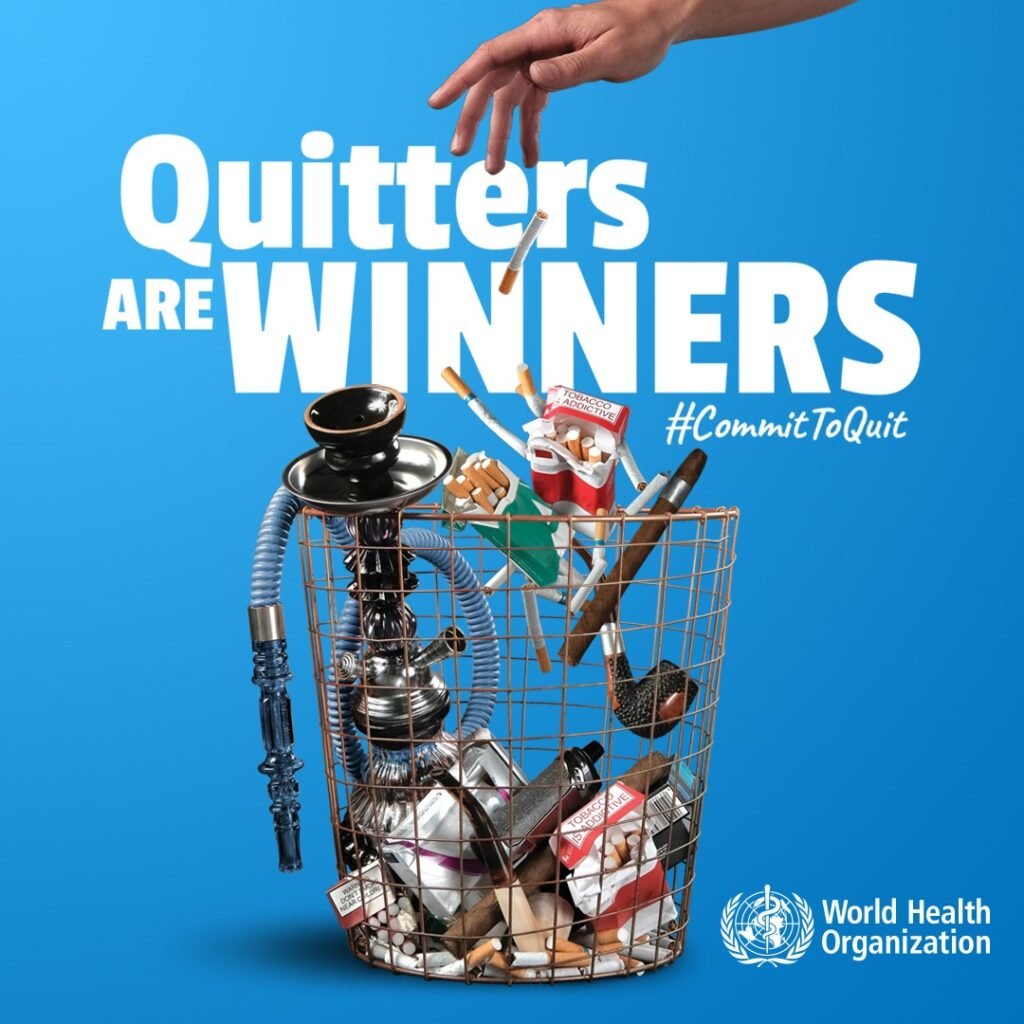The Ekiti State Government has officially declared Ado-Ekiti a Smoke-Free City, reinforcing its commitment to public health and tobacco control.
During an event marking World No Tobacco Day (WNTD 2025), Honourable Commissioner for Health and Human Services, Dr. Oyebanji Filani, stressed the dangers of tobacco use and urged residents to embrace healthier lifestyles.
Represented by Permanent Secretary Mrs. Olusola Gbenga-Igotun, he described tobacco as a major public health risk with severe consequences.
This year’s WNTD theme, “Unmasking the Appeal: Exposing Industry Tactics on Tobacco and Nicotine,” highlights deceptive strategies used by the tobacco industry—especially in targeting young people.
“One of the most concerning aspects of the industry’s strategy is the calculated targeting of youth,” Mrs. Gbenga-Igotun stated. “Through sleek packaging, flavored products, and digital campaigns, they portray tobacco use as trendy and sophisticated. But behind this mask lies the grim truth. Tobacco use remains one of the leading causes of preventable deaths globally.”
Ado-Ekiti Officially Smoke-Free
Chairman of Ado-Ekiti Local Government, Hon. Bosun Osaloni, formally declared Ado-Ekiti a Smoke-Free City, announcing that smoking is now banned in public spaces—including schools, motor parks, and offices.
He revealed plans for full enforcement of the Ekiti State Prohibition of Smoking in Public Places Law, 2012.

“We are proud to stand on the side of public health, safety, and the right of every resident to breathe clean air,” Osaloni said.
“Today, we commit to protecting our children, workers, and elders from the harms of tobacco and second-hand smoke. Ado-Ekiti is officially a Smoke-Free City.”
Praise for the Initiative
The declaration was hailed as a major victory for Nigeria’s tobacco control efforts. CAPPA Executive Director, Akinbode Oluwafemi, described it as a defining moment, reflecting strong political will and adherence to global health standards.
“By declaring Ado-Ekiti a no-go area for the tobacco industry’s products of death and disease, Ekiti has once again demonstrated leadership,” he said. “This move will protect non-smokers, reshape social norms, and ensure a healthier future for our youth.”
He also warned against the rising use of e-cigarettes, often misleadingly marketed to young people as safer alternatives. “They are neither safe nor alternatives to wellness,” Oluwafemi emphasized. “A smoke-free Ekiti—and, by extension, a network of smoke-free cities—is a necessary response to the tobacco industry’s evolving tactics.”
Rate, Like 👍, Comment, share this article and Follow us on our social media handles.







